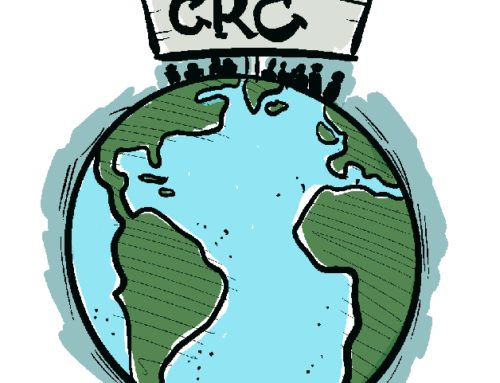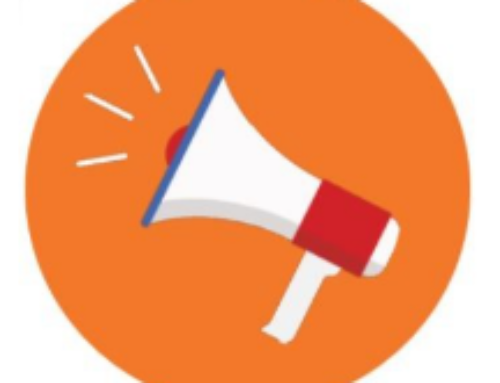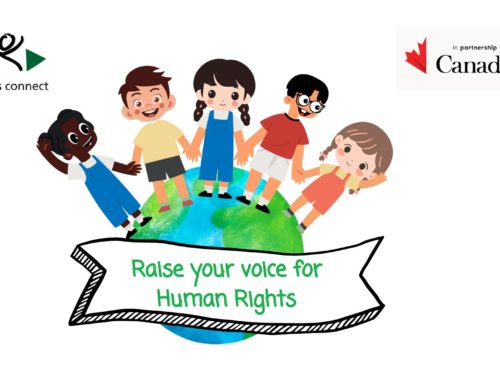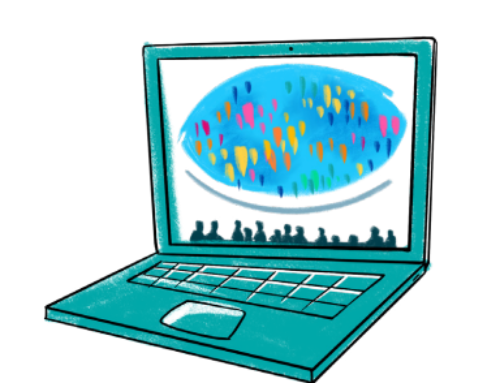Check out the op-ed developed by Gina Ekholt and Issac Elstad on this year’s resolution on human rights defenders!
29 March 2022 – This week, the members of the UN Human Rights Council will adopt the resolution on human rights defenders, which this year focuses on conflict and post-conflict zones. Norway leads the work, but has excluded children as human rights defenders from the text.
“Children’s voices must be heard. Then they must be given support, protection and room to defend their rights, on an equal footing with adults”, says senior advocacy advisor at Save the Children Norway, Gina Ekholt and Isaac Elstad Røssnes, acting director of PRESS – Save the Children’s youth organization.
The UN Convention on the Rights of the Child gives all children the right to act as human rights defenders, but many adults do not see children as equals and do not recognize their right to have their say in matters that concern them. This resolution would be a golden opportunity to change this. It is therefore very surprising that Norway, which is a clear champion of children’s rights in international fora, has not managed to secure a place for children in the resolution on human rights defenders.
Every day, millions of children engage in influencing laws, budgets, services and systems to enforce their rights as enshrined in the UN Convention on the Rights of the Child. They talk about poverty, education, health, the environment, discrimination and many other things. Children are human rights defenders when they take action and promote their and other children’s rights.
In a survey conducted by the child rights organization Child Rights Connect together with Queen’s University in Belfast, 92 percent of the children who participated answered that they saw themselves as human rights defenders. But children face serious challenges when it comes to promoting and defending their and others’ rights.
In the study, the children identified four main barriers:
- Adults do not take children seriously: they do not see children as competent, and children’s views are not respected.
- Children do not feel safe: 70 percent of children are worried about violence when they act as human rights defenders.
- Children lack information: 40 percent of children agree that one of the main challenges they face as human rights defenders is the lack of information about their rights.
- Children sometimes struggle to defend their rights due to lack of time, money and the opportunity to travel to meetings. Children from marginalized and vulnerable groups often face additional challenges.
A child in the survey says: “Adults decide for us, and think our opinions are less valuable than theirs just because we are younger. Adults play a negative role when they want “last words” without thinking that they can be wrong. ”
When children and young people get involved, it is not without risk to their own lives. In recent years, we have seen children around the world who are climate activists being bullied, incited, threatened and coerced by adults. For the 12-year-old eco-activist Francisco Vera, his involvement was met with anonymous death threats on Twitter. They came after the young environmental activist called for better access to education for children during the Covid-19 pandemic. President Iván Duque promised to find the “bandits” who sent the message, but no one was arrested.
In Palestine, hundreds of children are arrested every year. It has been documented both the excessive use of force in these arrests and that the Israeli defense uses completely unacceptable interrogation methods. Not only is this practice difficult to understand. The use of Israeli force against Palestinian children also means that we deprive these children of their opportunity to participate actively in the public debate and thus further develop democracy for future generations.
Greta Thunberg, who has inspired and engaged millions of children around the world, has had to pay a high price for her visible commitment. She not only receives anonymous threats, but has been incited in public by heads of state such as former US President Donald Trump and Brazilian President Bolsonaro, who have made sexist, condescending and discriminatory comments.
In order to create good and sustainable solutions for the future, we are completely dependent on children’s voices being heard. They must be given support, protection and space to defend their rights, on an equal footing with adults. States must enact laws that guarantee children’s right to participate in the public debate both online and offline, including their right to freedom of expression, freedom of association, the right to peaceful assembly and access to information.
In addition, states must provide age-appropriate public information in languages and formats that children understand. Child-friendly, inclusive and safe mechanisms and platforms must also be established, such as children’s parliaments, where children from all walks of life can get involved in local and national decision-making processes. Last but not least, it must be ensured that education systems give children the opportunity to learn about their rights and strengthen their self-confidence to speak out when their rights are violated.
The resolution text Norway is working on now provides an opportunity to promote children’s rights to be human rights defenders, and address negative attitudes. At the same time, it can help build adults’ capacity to engage meaningfully in conversations with children. Now we hope Norway change their views, and ensure clear references to children as human rights defenders in the text.










Leave A Comment